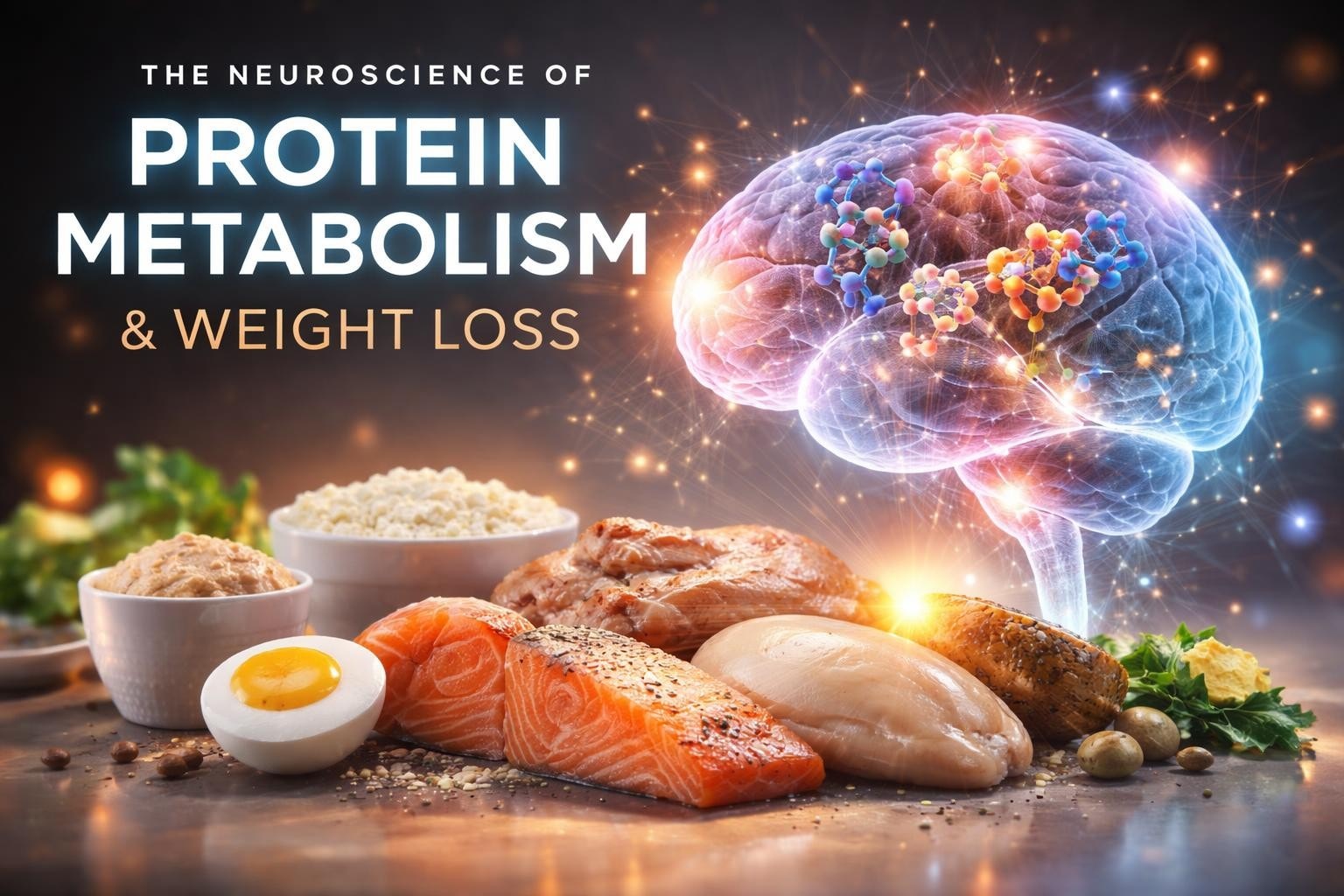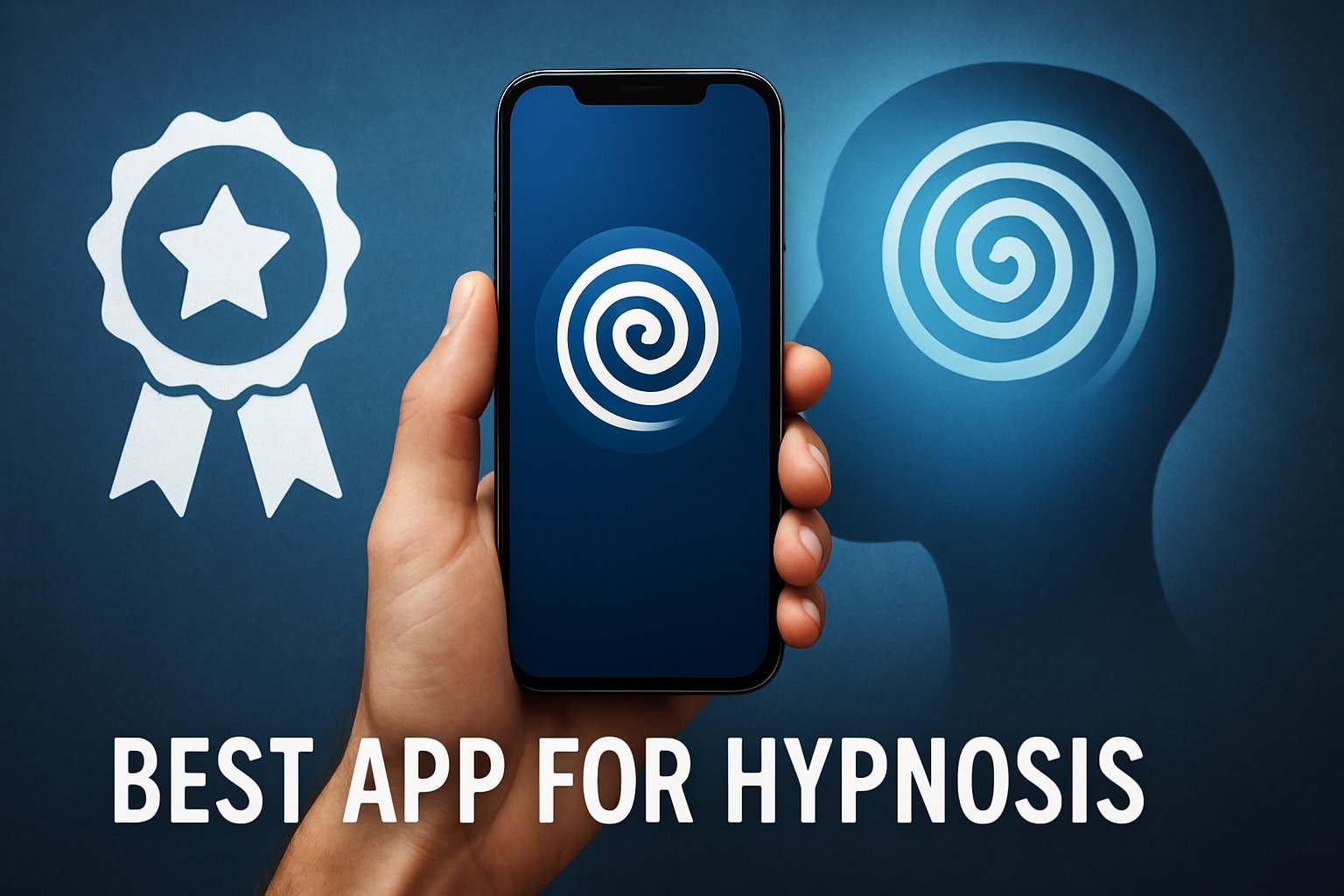When it comes to weight loss, one question I hear often as a wellness coach is:
“Are protein bars actually good for losing weight, or are they just glorified candy bars?”
The truth lies somewhere in between. Protein bars can absolutely support weight loss—if you know what to look for, how to use them, and when to avoid them.
In this guide, I’ll break down the science, share expert tips, and help you decide whether protein bars deserve a spot in your weight loss journey.
Why Protein is Essential for Weight Loss
Protein is often called the “weight loss macronutrient,” and for good reason:
- Satiety: It keeps you fuller longer, reducing cravings and snacking.
- Muscle preservation: It protects lean muscle while you’re in a calorie deficit.
- Metabolic support: Protein requires more energy to digest, boosting calorie burn.
This is why higher protein diets are consistently linked with better fat loss outcomes. And protein bars can make meeting your protein needs far more convenient.
👉 Want to learn more about how your brain and habits drive weight? Discover the Oneleaf neuroscience-based weight loss program.
Benefits of Protein Bars for Weight Loss
- Convenience on the go
Protein bars are portable, mess-free, and available anywhere—ideal when life gets busy. - Portion control
A single bar helps you avoid overdoing it on nuts, chips, or pastries that can easily add hundreds of calories. - Better recovery after workouts
The protein and carbs in certain bars help repair muscles, making them useful post-exercise. - Craving management
A bar with the right blend of protein and fiber can satisfy sweet cravings without derailing your calorie deficit.
👉 For strategies that make weight loss sustainable, check out 8 Essential Tips to Choose the Right Weight Loss Program for You.
The Pitfalls: Not All Protein Bars Are Equal
Here’s what I tell clients: just because it says “protein” doesn’t mean it’s healthy. Watch out for:
- High sugar content (anything over 10 g per bar is a red flag)
- Excess calories (some bars pack as much energy as a fast-food burger)
- Artificial ingredients and sugar alcohols that cause bloating
- “Protein snacks” with less than 8 g of actual protein
👉 To avoid gimmicks and focus on safe solutions, read Natural Slim Products: A Complete Guide to Safe and Effective Weight Loss.
How to Choose a Good Protein Bar
A wellness-expert checklist:
FactorIdeal RangeWhy It MattersProtein10–20 gSupports fullness & muscleCalories150–250 (snack) / 250–350 (meal replacement)Fits your deficitSugar≤5–7 gPrevents crashes & cravingsFiber3–7 gBoosts satiety & gut healthIngredientsSimple, whole-food basedEasier to digest
👉 For holistic methods beyond just diet tweaks, learn more about Oneleaf’s weight loss program.

When to Use Protein Bars
- Mid-morning or mid-afternoon snack to avoid energy crashes
- Post-workout recovery when whole food isn’t available
- During travel or busy days when meals aren’t an option
- As dessert swaps to satisfy sweet cravings with less damage
👉 Meal planning also makes a huge difference. Discover why in Meal Prep for Weight Loss: Top 5 Reasons To Try It.
Sample Daily Meal Plan with One Protein Bar
- Breakfast: Overnight oats with berries and Greek yogurt
- Snack: Protein bar (≈200 kcal, 15 g protein)
- Lunch: Quinoa salad with chicken and avocado
- Snack: Apple with almond butter
- Dinner: Grilled salmon with broccoli and brown rice
This balance allows room for a protein bar without relying on it for every meal.

FAQs About Protein Bars and Weight Loss
Q: Can I eat protein bars every day?
Yes, but think of them as a supplement, not a replacement for real food.
Q: Are they better than protein shakes?
Not necessarily—shakes hydrate better, but bars offer chewing satisfaction.
Q: Can protein bars help control cravings?
Absolutely. Many clients find they help prevent late-night snacking.
👉 For alternative brain-based methods to manage cravings, see Losing Weight with Self-Hypnosis: Does It Work?.
Beyond Bars: The Role of Neuroscience
Here’s the truth: no protein bar alone will make you lose weight. Long-term success depends on how you think, feel, and act around food.
That’s why neuroscience-based methods—like rewiring habits—are changing the game. Instead of relying on willpower, they make healthier choices automatic.
👉 Explore the science in The Safest and Most Effective Approach to Weight Loss in 2025: The Role of Neuroscience.
👉 Or start applying it today with the Oneleaf neuroscience-based weight loss program.
Final Thoughts from a Wellness Expert
Protein bars are neither miracle foods nor enemies—they’re tools. Used wisely, they can:
- Support muscle preservation
- Control cravings and portions
- Fit into a busy lifestyle
- Prevent unplanned overeating
But the foundation of weight loss is always the same: sustainable habits, balanced nutrition, and a healthy relationship with food.
👉 Ready to make real progress? Start today with Oneleaf’s neuroscience-based program.
















